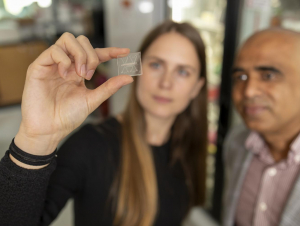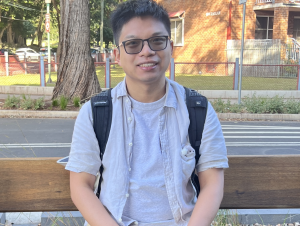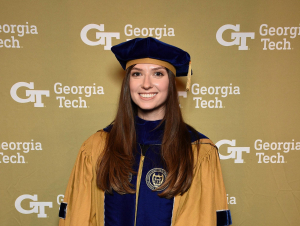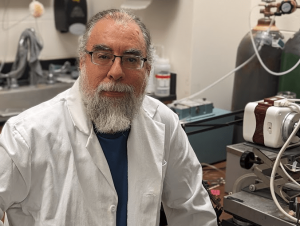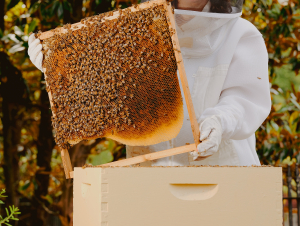Latest News
University research drives U.S. innovation, and Georgia Institute of Technology is leading the way.
Congratulations to Gong Chen, winner of the 2026-2027 AMS Stefan Bergman Fellowship.
A Ph.D. graduate’s research shows that the more humanlike an AI agent is, the less likely a user is to follow it.
Physics Professor Flavio Fenton has been named a Bill Kent Family Foundation AI in Higher Education Faculty Fellow. The fellowship supports faculty projects that explore innovative, ethical, and impactful uses of AI in teaching and learning.
With more than 60 presentations and recognition for neuroscience outreach and AI research, Georgia Tech demonstrated its growing impact at the 2025 Society for Neuroscience’s annual meeting.
Marketer-turned-beekeeper Deb DeWitt serves as Georgia Tech's Beekeeper in Residence and receives the Georgia Beekeepers Association’s Beekeeper of the Year Award.


